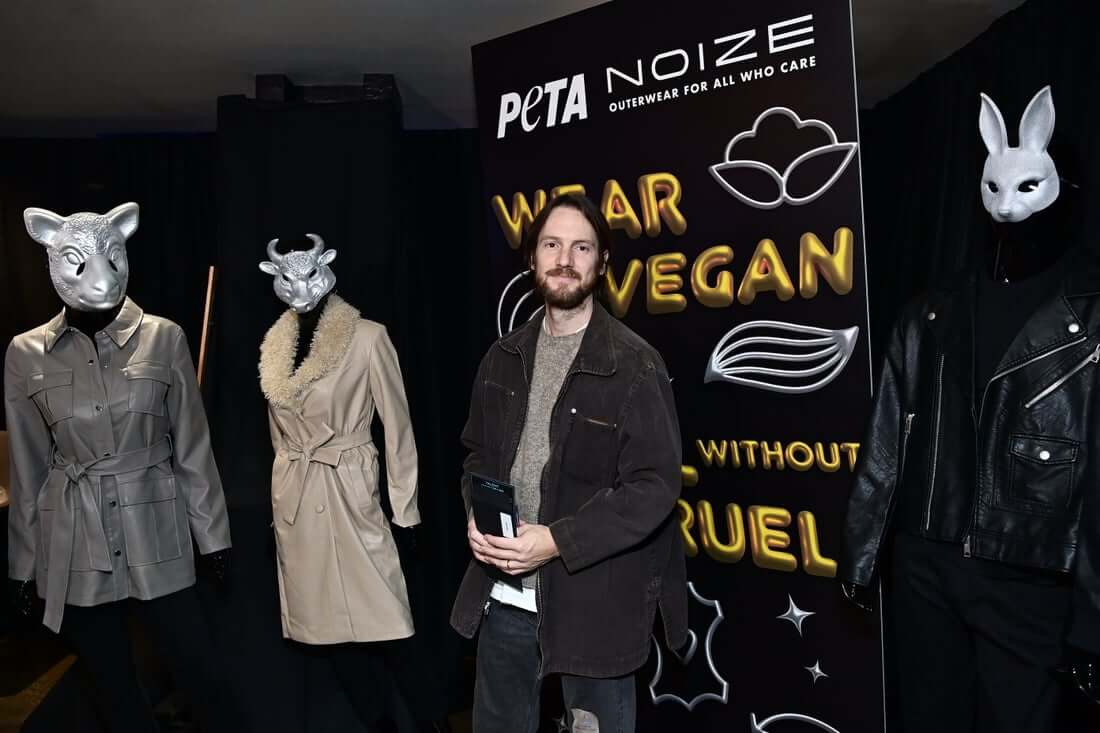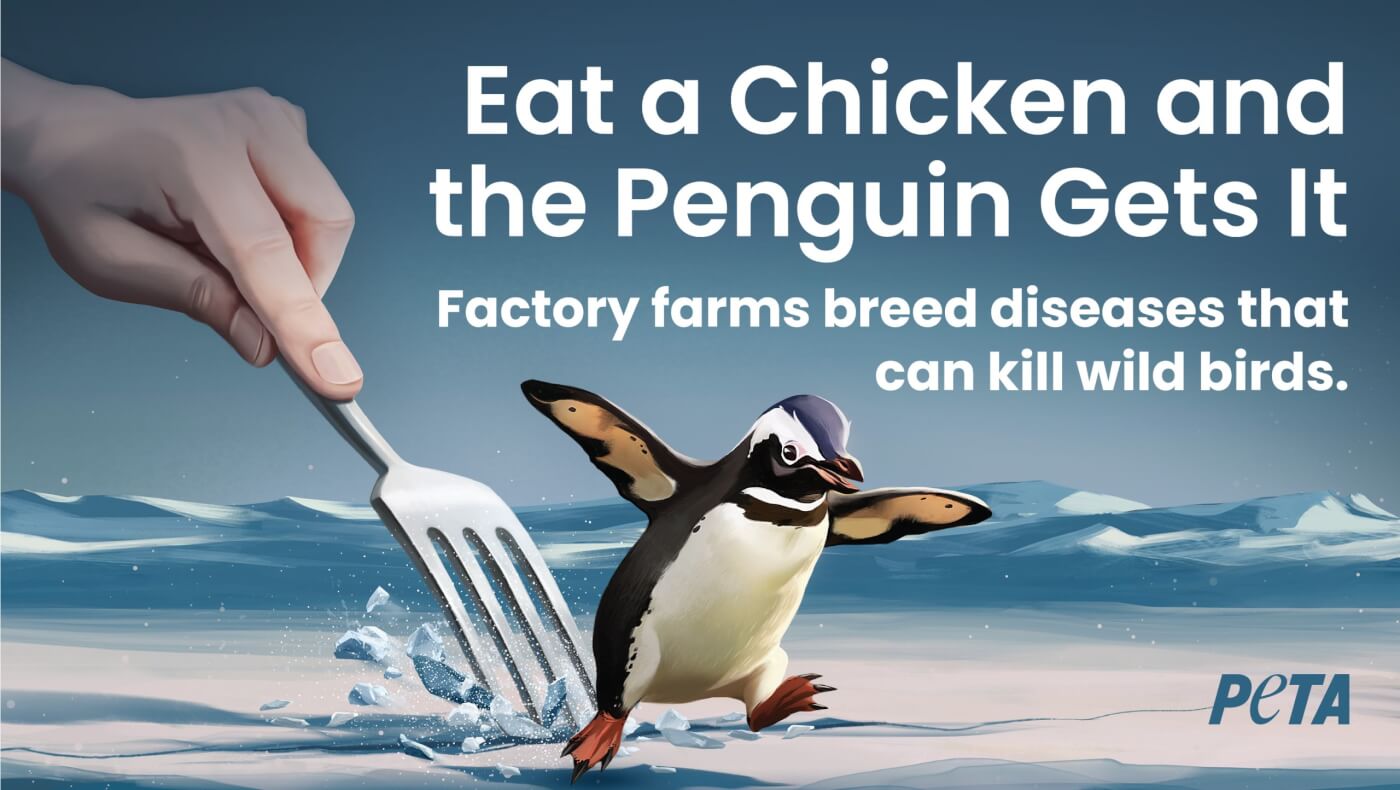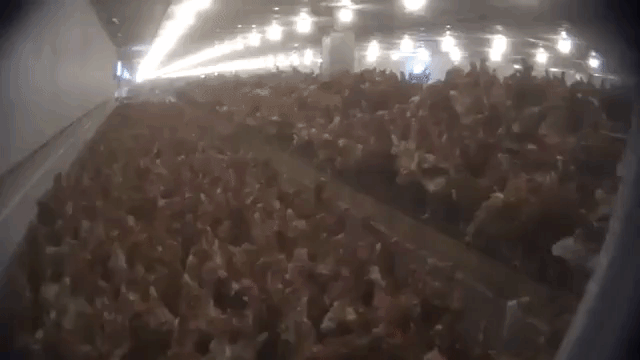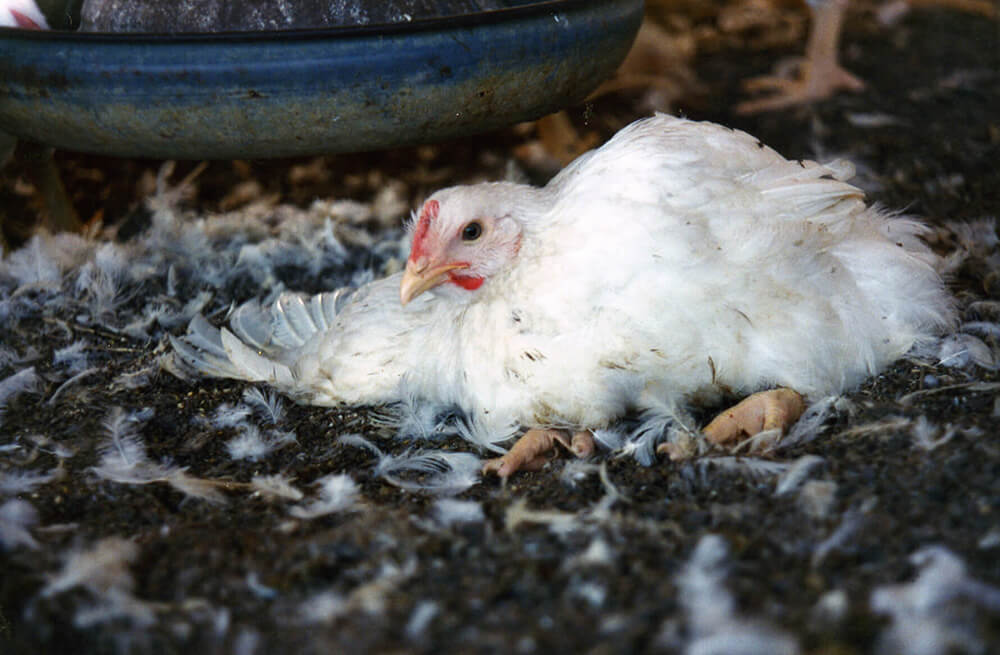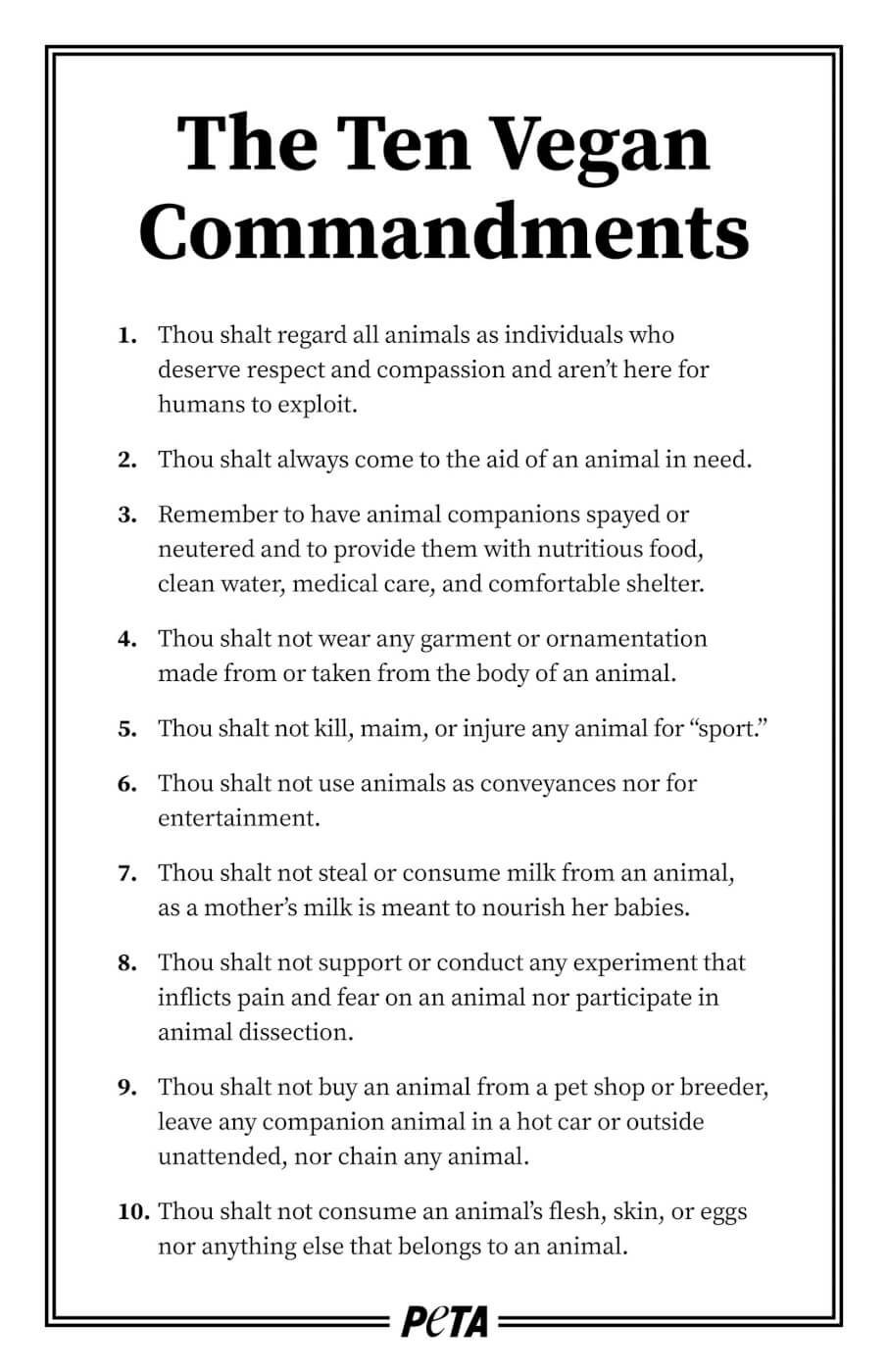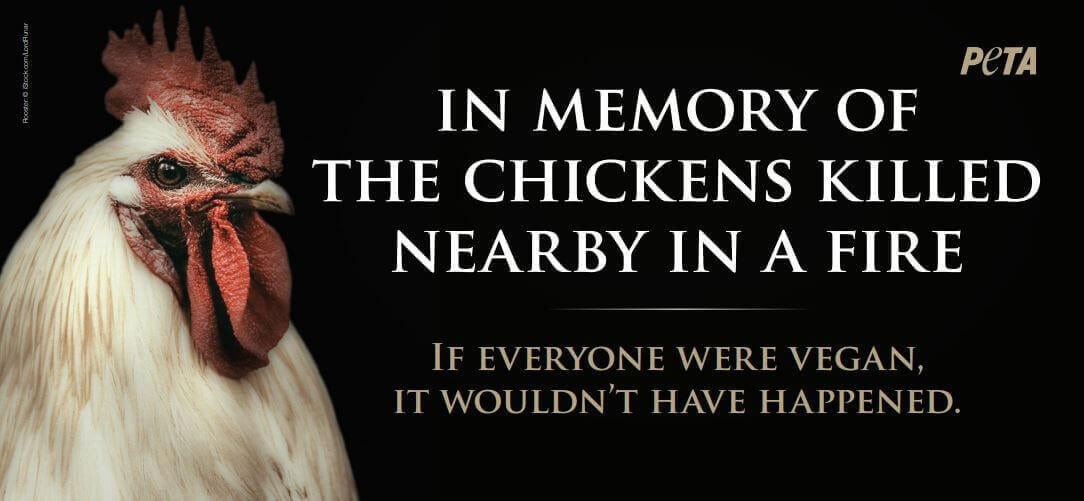The music industry’s biggest names were making some noise for Noize vegan leather jackets at the GRAMMY®Gift Lounge this year! PETA partnered with Noize to dress stars in animal-friendly jackets, making them cool without the cruel.
Every year, the global fashion industry kills billions of animals and wreaks havoc on the environment. Vegan jackets and accessories—which are free of leather, wool, and other animal-derived materials—are better for animals, the planet, and you.
Noize helps consumers shop kindly with PETA-approved, high-quality, innovative outerwear designed to last many seasons. Noize’s collection for 2024’s GRAMMY® stars features supple, durable, water-resistant vegan leather as well as wind-resistant, itch-free vegan wool fabrics.
Leather is a coproduct of the viciously cruel meat industry. Workers often brand cows with hot metal, cut off their tails, and cut out bulls’ testicles—all without any pain relief. At the slaughterhouse, workers skin and dismember them—even though they may still be conscious. Cows are extremely intelligent animals who develop complex relationships, can perform difficult tasks, and even mourn the deaths of their loved ones. They’re known to go to extraordinary lengths to escape from slaughterhouses.
Left alone, sheep grow just enough wool to protect themselves from extreme temperatures. But those that humans have selectively bred produce an excessive coat, which workers violently cut away from their bodies, often wounding them in the process. Shearing is far from being “just a haircut”: Workers have been repeatedly documented punching, kicking, and stomping on terrified, sensitive sheep.
These animals experience fear when they’re separated from their social groups or approached by strangers. They can recognize the faces of at least 50 other sheep and can remember 50 different images for up to two years.
Love Animals—Don’t Wear Them
You can steal the styles from your favorite GRAMMY® celebs by visiting NOIZE.com to shop all their amazing looks! Check out our Vegan Clothing Shopping Guide for more tips on making your closet 100% vegan.
The post PETA and Noize Hit a Fashion High Note With Vegan Jackets at the GRAMMY® Gift Lounge appeared first on PETA.

